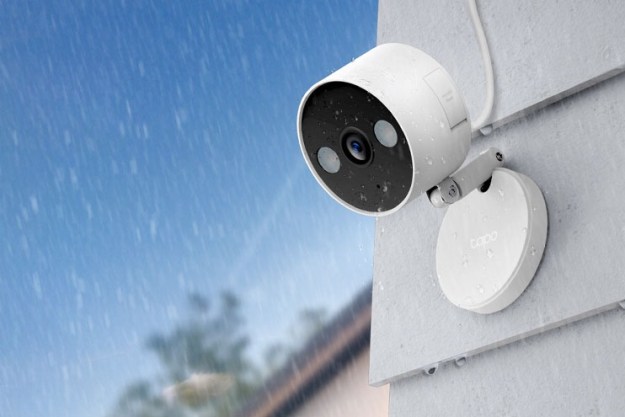 This weekend, Simon & Schuster became the third publisher to sign contracts with retailers that create a new, looser, pricing structure for digital releases following the US Department of Justice launching an investigation into allegations of collusion and price fixing between the five biggest American publishers and Apple.
This weekend, Simon & Schuster became the third publisher to sign contracts with retailers that create a new, looser, pricing structure for digital releases following the US Department of Justice launching an investigation into allegations of collusion and price fixing between the five biggest American publishers and Apple.
The DOJ had accused “the big five” publushers – Simon & Schuster, Hachette, HarperCollins, Penguin and Macmillan – of working with Apple to artificially increase ebook pricing ahead of the latter’s launch of the iBooks app and iPad product in early 2010, with the overall intent of regaining some level of control in publishers’ ongoing battle with big box retailers – and particularly Amazon – over the deep discounting of their product. Everyone involved agrees that such an agreement over digital pricing existed, but the question at the heart of the DOJ’s complaint was whether or not the practice of “agency pricing,” as it’s called, constituted an unfair and illegal attempt to boost prices beyond what the market demanded.
Simon & Schuster, Hachette and Harper Collins all reached an agreement in September with the DOJ to avoid prosecution over the matter, with the three publishers voluntarily dissolving their current contracts with retailers and creating new ones that would give the retailers more control over their own pricing; Penguin and Macmillan, in turn, denied any wrongdoing – as did Apple, which went further and described the DOJ’s logic as “fundamentally flawed” back in May – with all remaining parties headed towards a courtroom showdown in June of next year.
In a statement announcing the new agreements, Simon & Schuster’s Senior Vice President of Corporate Communications, Adam Rothberg, said that the publisher had “entered new agreements with our ebook agents that are in compliance with the DOJ settlement, and we look forward to working with our retailers to expand the readership for our authors and grow the ebook marketplace.”
According to those familiar with the new agreement, it’s essentially the agency pricing model with one significant difference: Although the publusher is still setting the initial price of an ebook, with the retailer being granted a commission on each copy sold, now retailers are free to set their own storefront prices afterwards and sell each ebook at a loss to the customer if they so wish (There are, apparently, some provisos within that; the retailers aren’t allowed to sell the book at such a loss that they essentially undo all of their commission, and there is space for publishers and retailers to agree to a modified contract that lasts for a shorter time but also prevents retailers for offering the book at a discounted price for the entire period of the contract).
Hachette’s new contracts with retailers were signed last week, with HarperCollins getting a jump on everyone else by pushing their new contracts into place within a week of the DOJ settlement being announced.


